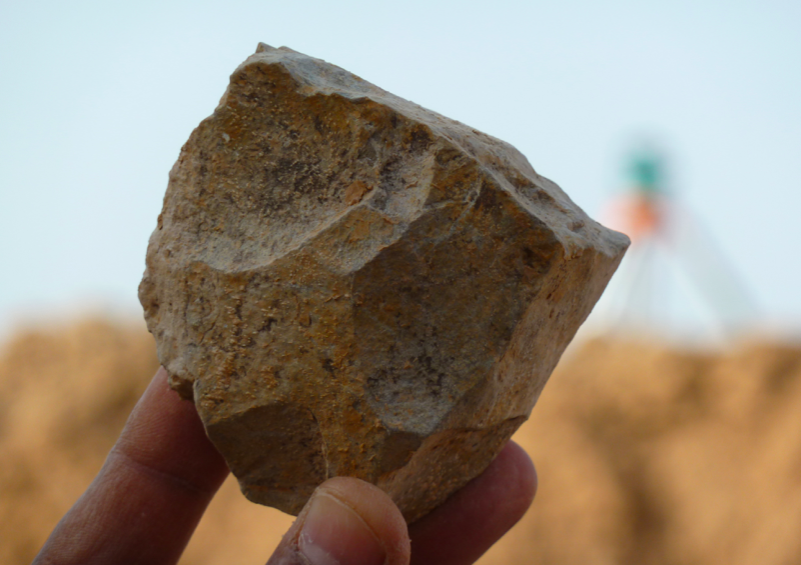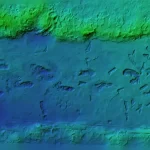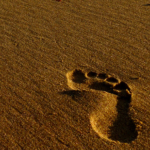New Scientist
Image: M. Sahnouni
A collection of unusually old stone tools found in Algeria is challenging our ideas about early human evolution. The find suggests one of two scenarios: either the first humans expanded rapidly from their small East African homeland, or humans emerged simultaneously across a vast region of Africa.
Our hominin ancestors diverged from the ancestors of chimps at least 7 million years ago, but it wasn’t until the last 3 million years that “true” humans in our Homo genus evolved. The evidence suggests they did so in East Africa. The earliest human-like fossils there date back about 2.8 million years.
But Mohamed Sahnouni at the National Research Centre on Human Evolution (CENIEH) in Spain and his colleagues suspect humans didn’t remain confined to East Africa for long. At Ain Boucherit in northeast Algeria, they have discovered primitive stone tools, alongside animal bones that are scratched in a way that suggests the animals were skinned, disembowelled and butchered. Read more on newscientist.com…








